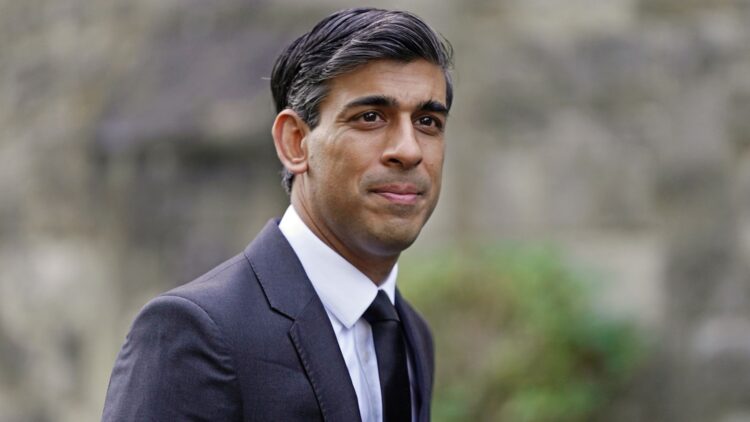Prime Minister Rushi Sunak is to set out his priorities for the year ahead and ambition for a better future for Britain.
The PM is on a mission to improve the standard of maths in the Uk to improve low numeracy rates by setting a new ambition of ensuring that all school pupils in England study some form of maths to the age of 18.
The Prime Minister claims to have been driven into politics to maximise the standard of education each child in the Uk receives, with the aim of rivalling the best education systems in the world.
Thanks to the reforms we’ve introduced since 2010, and the hard work of so many excellent teachers, we’ve made incredible progress.
Around 8 million adults in England have the numeracy skills of primary school children, with only an estimated half of 16-19 year olds studying any maths at all, with the problem particularly acute for disadvantaged pupils, 60% of whom do not have basic maths skills at age 16.
Despite these poor standards, the UK remains one of the only countries in the world to not to require children to study some form of maths up to the age of 18. This includes the majority of OECD countries, including Australia, Canada, France, Germany, Finland, Japan, Norway and the USA.
The Prime Minister will commit to take action to reverse these trends by introducing maths to 18 for all pupils in England.
Maths to 18 will equip young people with the quantitative and statistical skills that they will need for the jobs of today and the future. This includes having the right skills to feel confident with finances in later life, including finding the best mortgage deal or savings rate.
The government’s focus on literacy since 2010, including phonics, has led to significant improvements in standards. In 2012, only 58% of 6-year-olds were able to read words fluently. By 2019, the figure had risen to 82%.
The government does not envisage making maths A-Level compulsory for all 16-year-olds. Further detail will be set out in due course but the government is exploring existing routes, such as the Core Maths qualifications and T-Levels, as well as more innovative options.
The ambition is the PM’s first major intervention on education since entering office and reflects his mission to ensure that more children leave school with the right skills in numeracy and literacy.
At the Autumn Statement, the government announced that it will invest an additional £2bn in schools next year and £2bn the year after, taking school funding to its highest ever level.




